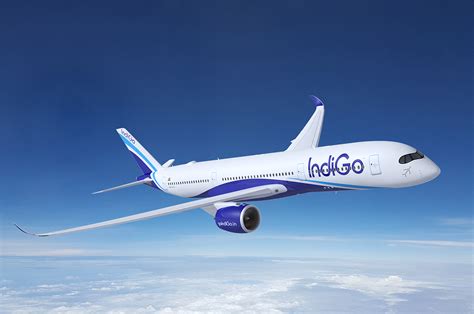
2020 11 11 13 38 06
African airlines are said to be the hardest hit by the coronavirus pandemic that has affected carriers and global economies. Airline revenues have collapsed. Fleets are grounded. Extreme actions are being taken just to survive. The continent’s airlines are in the middle of the biggest crisis the sector has ever faced. The leaders are in difficult situations of what to do on how to rescue their crumbling airlines.
South African Airways before now was already at the brink of collapse with the South African government unsure of how best to rescue the 86 year old carrier. Once the continent’s leading airline, South African Airways is on the brink of collapse. The firm is insolvent and the government is looking for a buyer. It has received state bailouts of almost $4 billion but still has an outstanding debt of $613 million.
The continent’s airlines will go bust without a bailout. Already four African carriers have ceased operations and two are in administration. Without financial relief, many others will follow. In April, Air Mauritius was the first African airline to enter voluntary administration as a result of the crisis, while South African Airways has been in a form of business protection since last December. British Airways’ South African franchisee Comair filed for business rescue in May.
Though industry stakeholders are hopeful that modest traffic will resume in November, analysts believe the sector may take far longer to recover. the African Airline Association estimates that traffic volumes will not return to pre-Covid levels until 2022, predicting a 40% recovery in Q3 and 70% in Q4 of this year. The lack of passenger revenues is bad news for airlines that must continue to pay fixed costs such as staff salaries, aircraft maintenance, aircraft leasing costs, aircraft orders, and debt servicing.
ICAO released this table on November 4, 2020, showing their estimates of the pandemic’s impact on Africa’s air travel.
The Director-General of International Air Transport Association, Alexandre de Juniac in his remarks at the 52nd AFRAA Annual General Assembly (AGA) held on Monday said for aviation in Africa, the numbers are staggering. He disclosed that the region’s traffic is down 89% with revenue losses expected to reach $6 billion. According to de Juniac, this figure is likely to be revised downwards in “our next forecast to be released later this month”. “The consequences of the breakdown in connectivity are severe. Five million African livelihoods are at risk and aviation supported Gross Domestic Product (GDP) could fall by as much as $37 billion. That’s a 58% fall”. He went on: “We have a health crisis. And it is evolving into a jobs and economic disaster. Fixing it is beyond the scope of what the industry can do by itself. We need governments to act. And act fast to prevent a calamity. I call on you to join IATA in calling for governments to address two top priorities. Airlines will go bust without it. Already four African carriers have ceased operations and two are in administration. Without financial relief, many others will follow”.
The IATA boss further disclosed that over $31 billion in financial support has been pledged by African governments, international finance bodies, and other institutions, including the African Development Bank, the African Union, and the International Monetary Fund.
Views: 2




